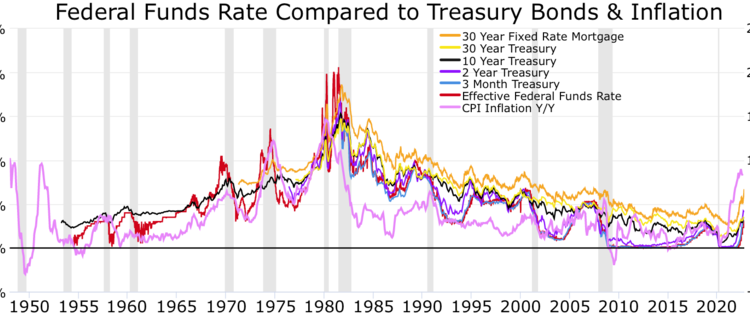Lawmakers demand accountability and transparency from the fast-fashion giant
- Shein’s IPO filing is raising concerns in Washington about possible links to forced labor in China
- Congress is calling for Shein to prove that its products are not sourced from forced labor
- Shein has faced criticism for its supply chains potentially relying on China’s Xinjiang region
- The company has a zero-tolerance policy for forced labor and requires its contract manufacturers to only source cotton from approved regions
- Critics argue that Shein’s self-certification process is insufficient and the company has a history of lying about its labor practices
- Shein has also faced criticism for intellectual-property theft and benefiting from a tariff loophole
- The company has responded by rolling out a comprehensive strategy to address social and environmental challenges
Shein’s IPO filing is drawing attention in Washington as lawmakers express concerns about the company’s potential links to forced labor in China. Democratic and Republican representatives are calling for Shein to prove that its products are not sourced from forced labor, particularly in China’s Xinjiang region. Shein has stated that it has a zero-tolerance policy for forced labor and requires its contract manufacturers to only source cotton from approved regions. However, critics argue that the company’s self-certification process is insufficient and that Shein has a history of lying about its labor practices. Additionally, Shein has faced criticism for intellectual-property theft and benefiting from a tariff loophole that allows shipments worth $800 or less to avoid tariffs and scrutiny. Lawmakers are pushing for reforms to close this loophole. Shein has also been under scrutiny for its environmental impact, but the company has rolled out a comprehensive strategy to address social and environmental challenges. The IPO filing and the concerns raised by lawmakers highlight the need for accountability and transparency in the fast-fashion industry.
Factuality Level: 6
Factuality Justification: The article provides information about the concerns and criticisms surrounding Shein’s possible links to forced labor in China and other issues. It includes statements from lawmakers, the company’s response, and criticism from various sources. However, the article lacks in-depth analysis and does not provide a comprehensive view of the situation.
Noise Level: 4
Noise Justification: The article provides information on the scrutiny faced by Shein for possible links to forced labor in China and other problems. It includes statements from lawmakers, details on legislation, and criticisms from various sources. However, the article lacks in-depth analysis, scientific rigor, and actionable insights. It also briefly mentions environmental impact without providing substantial information or solutions. Overall, the article contains relevant information but lacks depth and comprehensive analysis.
Financial Relevance: Yes
Financial Markets Impacted: The IPO filing of Shein may impact the financial markets and companies involved in the fashion industry.
Presence Of Extreme Event: No
Nature Of Extreme Event: No
Impact Rating Of The Extreme Event: No
Rating Justification: The article discusses the potential scrutiny faced by Shein, a fast-fashion company, regarding possible links to forced labor in China. This scrutiny could impact the company’s IPO and potentially affect the financial markets and companies in the fashion industry.
Public Companies: Shein (null)
Key People: Jennifer Wexton (Democratic Rep. of Virginia), John Rose (Republican Rep. of Tennessee), Marco Rubio (Republican Sen. of Florida)
 www.marketwatch.com
www.marketwatch.com 





